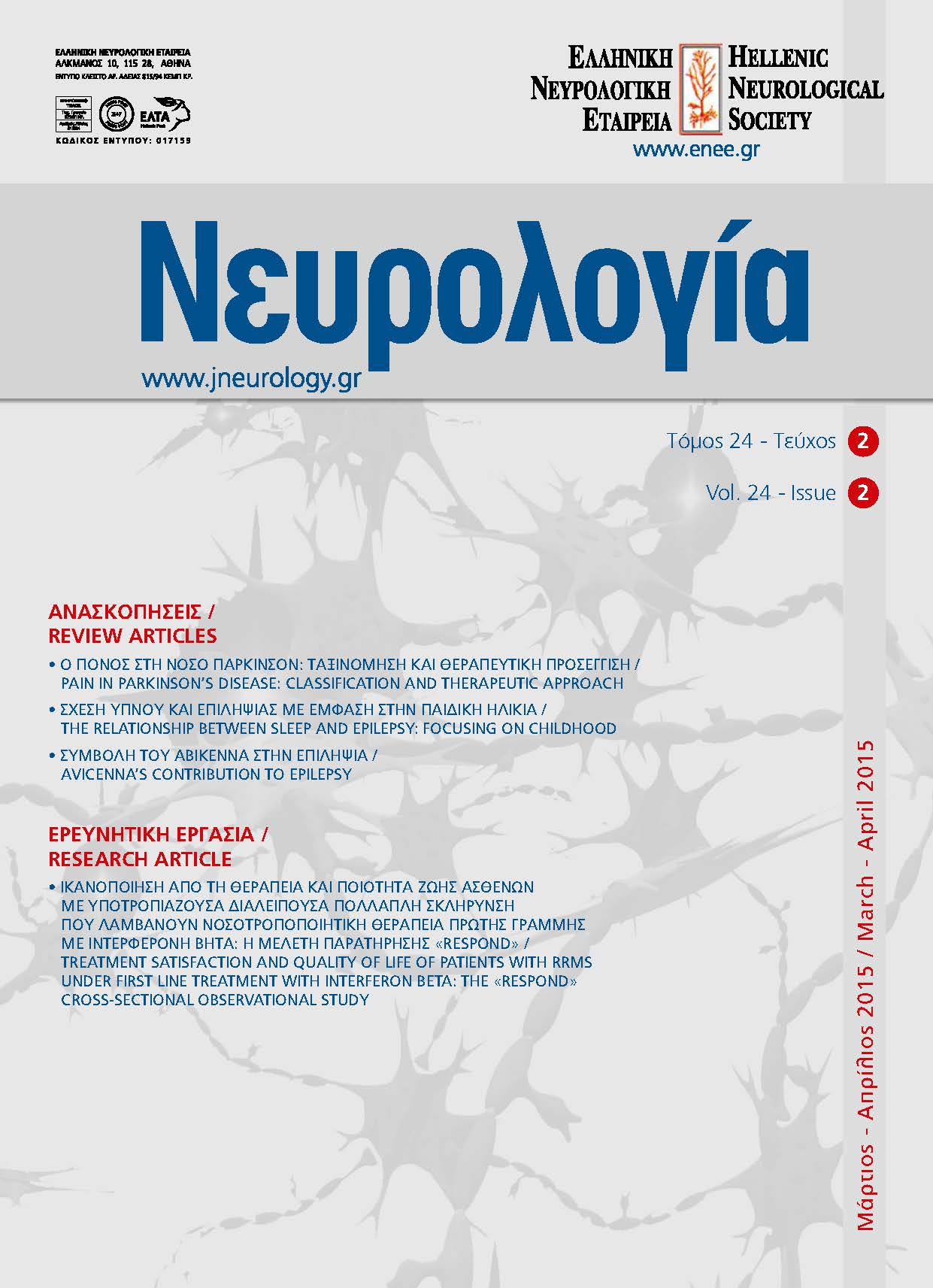THE RELATIONSHIP BETWEEN SLEEP AND EPILEPSY: FOCUSING ON CHILDHOOD
Keywords:
Sleep, epilepsy, children, sleep disorders, apneasAbstract
The relationship between sleep and epilepsy is complex and reciprocal and has been recognized since ancient times. Sleep stages have direct effects on seizures and interictal epileptiform discharges, as NREM sleep generally favors the appearance of epileptic seizures, whereas REM sleep exerts an inhibiting effect against epileptic activity. On the other hand, epileptic activity can modulate the structure of sleep and some epileptic syndromes have a strong dependence on sleep/wake cycle. In general, children with epilepsy have a higher prevalence of sleep disorders in comparison to non-epileptic children. This can have a negative effect on seizure control, increasing at the same time the risk for neurodevelopmental problems in this population. Besides, obstructive sleep apnea hypopnea syndrome is a commonly reported sleep disorder in children with epilepsy and it has been shown that its treatment in some cases may improve seizure control.


